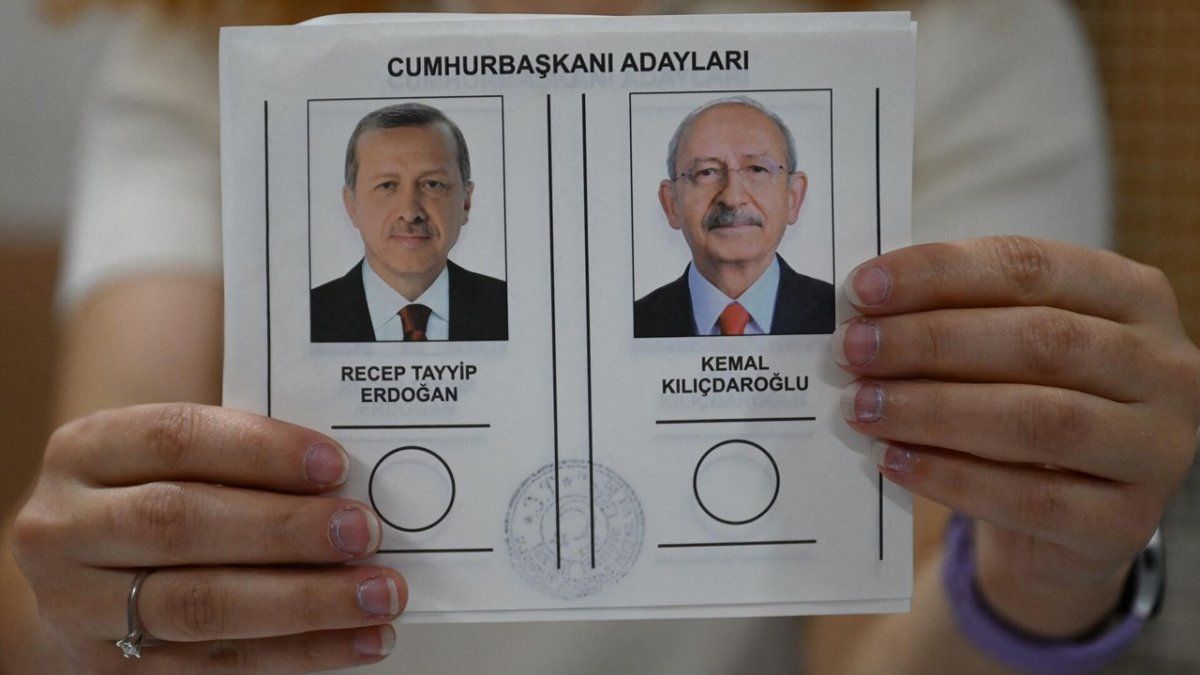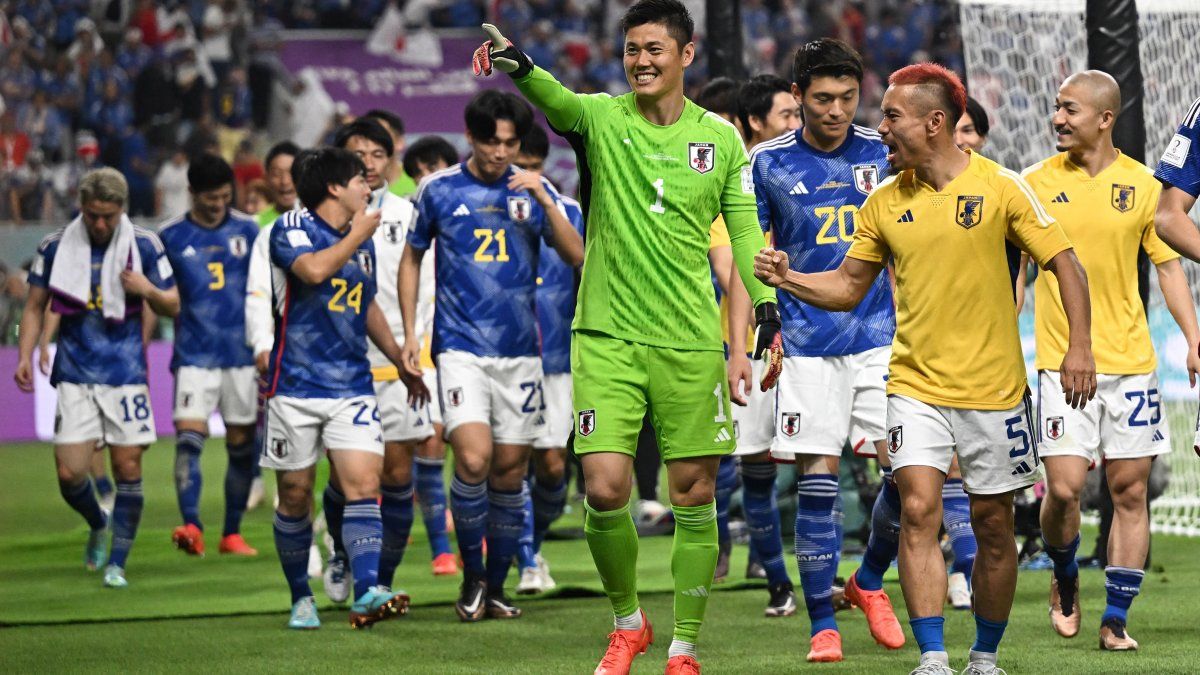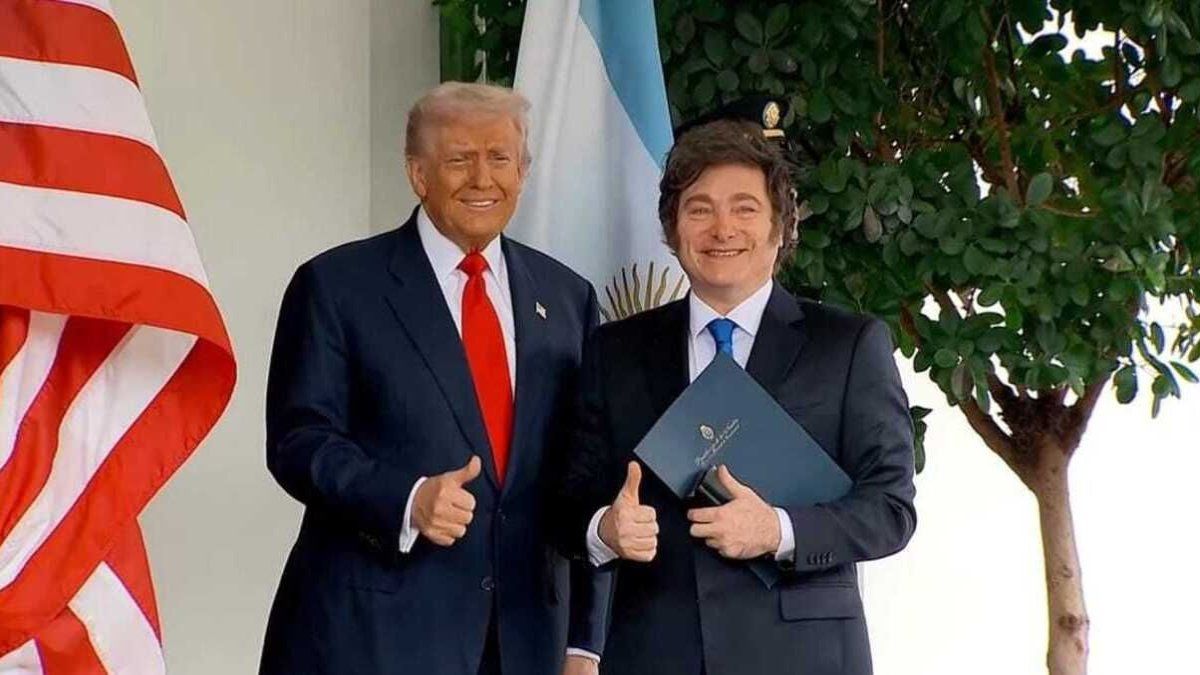Türkiye vote this sunday second round of the presidential election, in which the current head of state, the Islamist Recep Tayyip Erdogan, seeks re-election after 20 years in power, against the social democrat Kemal Kiliçdaroglu. The polling stations opened at 08:00 local time (05:00 GMT) with long lines and will close at 17:00 (14:00 GMT).
In total, 60 million Turks will be able to decide whether to extend Erdogan’s mandate for another five years, who starts with a clear advantage in this unprecedented second round.
In the first round two weeks ago, Erdogan, from the Islamoconservative Justice and Development Party (AKP), won 49.5% of the vote. Kiliçdaroglu, leading a six-party coalition, came in second with 45% of the vote.
The latest polls suggest that the current head of state, who obtained the support of ultranationalist candidate Sinan Ogan, third with 5% of the vote, will maintain the same percentage difference in the second round.
Erdogan’s lead in the first round was achieved despite the significant inflation hitting the country – it exceeded 85% in autumn – and the devastating earthquake that hit the nation three months ago.
erdoğan
The President of Turkey, Recep Tayyip Erdogan.
Photo: Profimedia
Two visions of the country face each other in these elections
On the one hand, Kiliçdaroglu, 74, promises to restore democracy, the independence of the judiciary and the press after two decades of Erdogan’s rule.
The Social Democratic candidate leads a coalition of parties that ranges from the nationalist right to the liberal center-left and was backed by the pro-Kurdish HDP party. But the trained economist failed to take advantage of the severe economic crisis that is taking its toll on Turkic households and young people.
On the other, President Erdogan, who promised stability and whose hold on power rivals that of the Ottoman sultans.
Elections in Turkey, population 85 million and a NATO member, are closely watched by both Western powers and Middle Eastern countries due to their key geopolitical role.
After the first round, Kiliçdaroglu appeared more offensive and less smiling than at the start of his campaign. Lacking access to the mainstream media, he struggled on Twitter as supporters of his tried to mobilize voters by going door to door. At stake were 8.3 million voters who did not vote on May 14, despite a participation figure of 87%.
Erdogan multiplied the meetings and relied on the transformations that he brought to the country since he came to power as prime minister in 2003, and then as president since 2014.
The president raised the minimum wage three times in one year and has multiplied his campaign promises, such as free scholarships promised at the last minute to mourning students after the earthquake.
Source: Ambito




